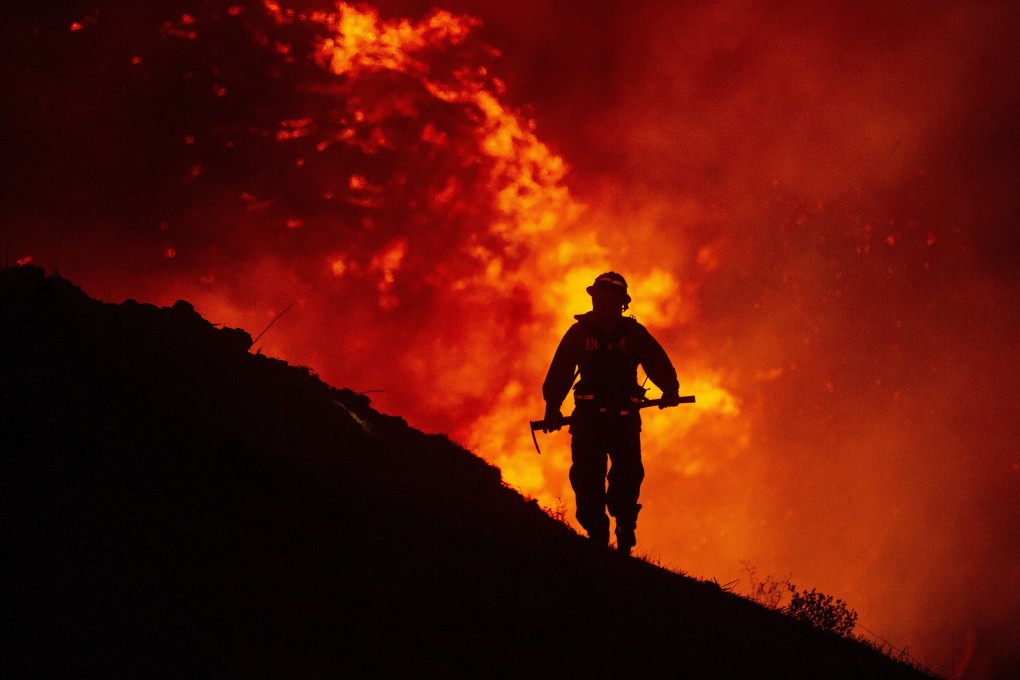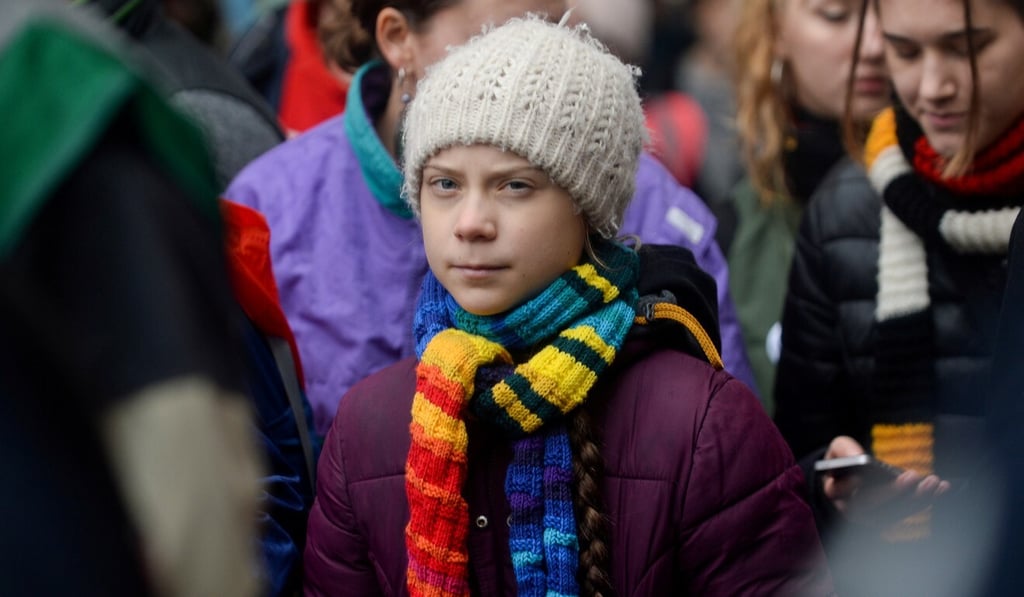My Take | What would Blaise Pascal say about climate change?
- Teen activist Greta Thunberg thinks we all need to brush up on our climate science and then we will know what to do. But perhaps we can cheat with the French polymath’s famous wager argument without having to dive deeply into complicated science

Greta Thunberg gets me thinking about Blaise Pascal.
In a new interview with The New York Times, Thunberg said: “If you fully understand the science, then you know what you as an individual have to do. You know then that you have a responsibility.”
Now I’d be the first to admit I know little about the science of climate change, other than what I have gleaned randomly from newspaper and magazine articles, and the occasional YouTube clips on the subject.
Does it mean, then, that I don’t have to take responsibility? That can’t be. Perhaps what Thunberg meant to say is that we have a responsibility to learn the science, not as scientists but as citizens. But then, is it realistic to expect people to do that?

There may be a short cut, though, to arrive at a more or less rational position on climate change that doesn’t require one to make a serious study of the science?
